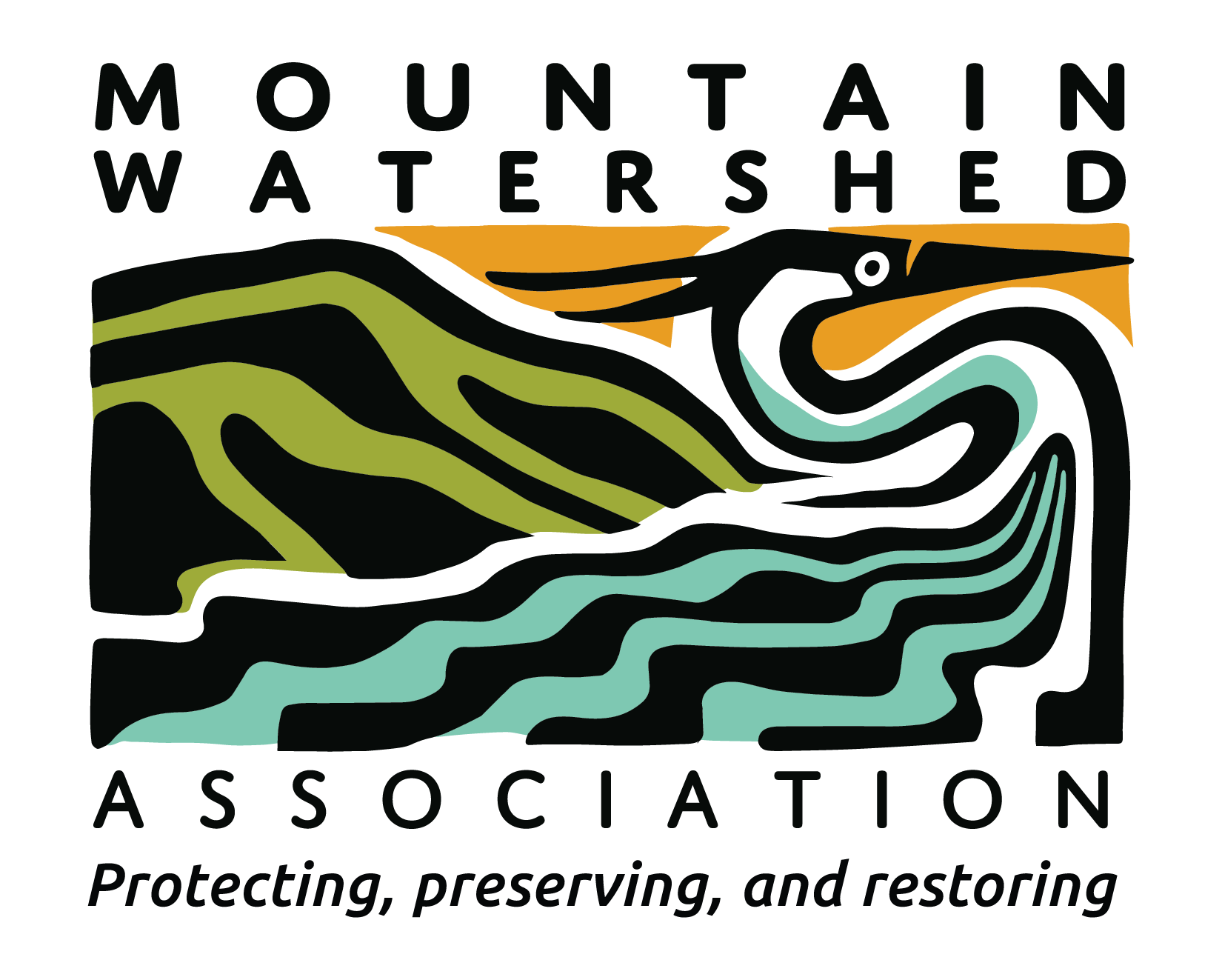UPDATE: The DEP has released an estimate of 1,500 gallons of the 4,650 gallons carried by the truck have leaked from the truck. DEP also stated that the truck was carrying wastewater which included stormwater mixed with some residual oil and gas contaminants – not fracking wastewater, or brine, which was originally suspected.
Late Thursday night, a truck leaving the Apollo Wellpad in Elizabeth Township crashed and spilled its contents next to a tributary of the Youghiogheny River. The incident took place at approximately 9:30pm on Thursday, August 22, 2019. The truck was hauling 4,650 gallons of an ‘unknown substance’, and has reportedly spilled its contents onto the ground. The presence of the Department of Environmental Protection was spurred in response to diesel fuel leaking from the truck. It is likely that the truck’s cargo was wastewater from fracking operations, which has been confirmed by preliminary water tests taken by Mountain Watershed Association.
There are a number of reasons for this spill to be cause for concern. Fracking wastewater contains high levels of salt, various organic and inorganic chemicals, biocides, heavy metals, and radioactive materials. In fact, after a spill of only 40 gallons of fracking wastewater in Greene County, DEP found that 1500 feet of a stream were impacted with significantly elevated conductivity levels and the death of some aquatic life.
The site of the spill is on a steep slope above Douglas Run just before it reaches Gillespie Run. After the confluence of Douglas Run and Gillespie Run, the stream travels less than one mile to the Youghiogheny, and the mouth of Gillespie Run is approximately 10 river miles above one of the drinking water intakes used by Municipal Authority of Westmoreland County (MAWC). The water intake has remained open throughout this process.
The Youghiogheny Riverkeeper and other Mountain Watershed Association staff were on the scene this morning to collect water samples. Samples were taken on Douglas Run as well as Gillespie Run. Electric conductivity readings were taken at both sites, both measuring over 550. This indicates that there is an excessive amount of metals found in the water and may be an indication of fracking wastewater contamination. Samples have been delivered to a laboratory and a follow-up blog will be posted once the results are received. MAWC staff were also present, taking their own samples out of the Youghiogheny at the mouth of Gillespie Run and elsewhere.
This spill exemplifies the fundamental issue of water insecurity in the wake of the gas industry. With potential hazards lining our highways in trucks, spanning across the nation through pipelines, and crossing our towns by rail, how many of our communities are actually prepared to handle a potential hazard becoming an environmental and public health disaster? If you are interested in preparing your community to handle these hazards when they go awry, reach out to the Youghiogheny Riverkeeper at eric@mtwatershed.com or our new community organizer Tyler at tyler@mtwatershed.com.


